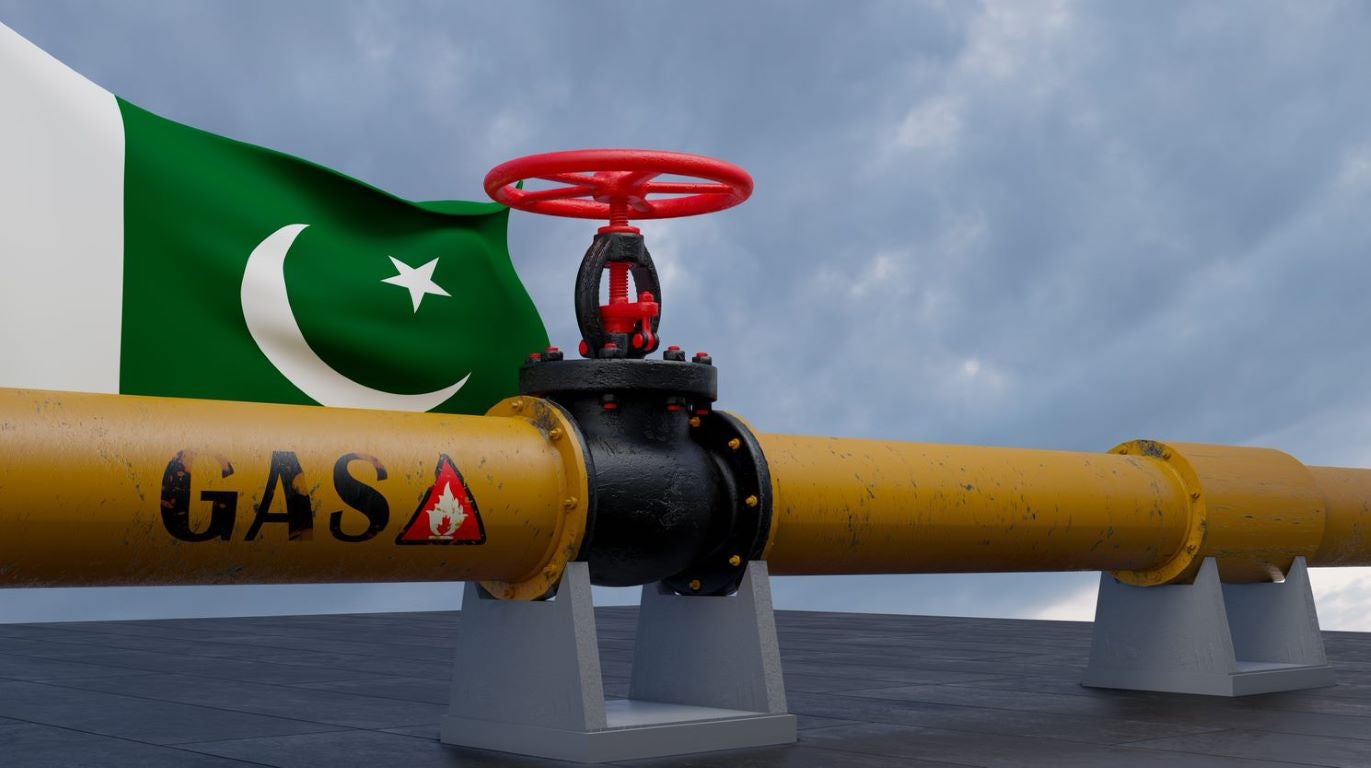
U.S. Leverages Diplomatic Muscle to Block Pakistan-Iran Energy Ties
The United States has made its position unmistakably clear about Pakistan's aspirations to acquire Iranian oil and gas. The U.S. State Department has taken a strong stance against Pakistan's plans to build a pipeline for importing gas from Iran. This firm opposition primarily stems from concerns regarding sanctions and regional security, highlighting the U.S. objective of curtailing Iran's economic and strategic influence.
Sanctions are a long-established tool employed by the U.S. to diminish Iran's nuclear pursuits and reduce its power in the region. As such, the U.S. actively discourages nations like Pakistan from engaging in energy commerce with Iran. Facing significant energy issues, Pakistan has eyed ventures like the Iran-Pakistan gas pipeline project. However, these pursuits have consistently faced hurdles due to the stringent sanctions enforced by the U.S. and ensuing diplomatic pressures.
The U.S. opposition is more than mere disagreement; it is closely tied to broader strategies aimed at stifling Iran's economic activities. While Pakistan navigates its pressing energy dilemmas, its potential partnership with Iran remains complicated by the intricacies of U.S. policies and regional dynamics.
In summary, it is evident that the U.S. staunchly opposes Pakistan's intentions to import Iranian gas, which reflects its overarching strategy to limit Iran's influence on the global stage. This ongoing tension underscores the vital role that geopolitics plays in shaping energy policies and international relations. For more comprehensive insights into U.S.-Iran relations, you can visit Council on Foreign Relations.
